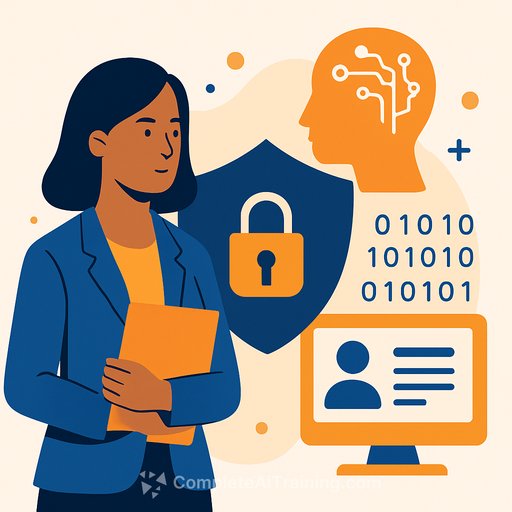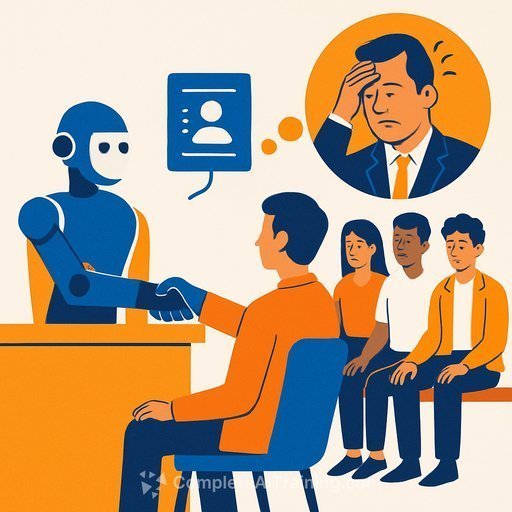CHROs Must Prioritise Cyber Security as AI Expands in HR
As HR departments adopt more artificial intelligence (AI) and automation, cyber security has become a critical concern. Gartner highlights four key actions Chief Human Resources Officers (CHROs) should take to address rising digital security risks tied to sensitive employee and candidate data.
1. Make Cyber and Data Security a Strategic Priority
Automation in HR systems helps control costs, but it also increases exposure to cyber threats. CHROs traditionally have had a limited role in technology decisions, which leaves organisations vulnerable when breaches happen. The risks go beyond data loss—they can damage the employer brand, harm employee trust, and even lead to intellectual property theft.
CHROs need to boost their digital literacy and work closely with IT to integrate security into every stage of HR technology planning. This proactive approach protects both the organisation’s reputation and personal data throughout the talent lifecycle.
2. Collaborate on Identity and Access Management
Security teams often find gaps in managing access to HR systems, especially with the rise of generative AI tools. Gartner’s research shows less than half of companies regularly audit these tools for cybersecurity compliance.
CHROs should partner with IT, cybersecurity, and procurement teams to identify threats early. Regular monitoring and clear security architecture are essential to ensure that HR systems remain secure as new technologies are introduced.
3. Manage Third-Party Risks Diligently
Many HR tasks involve third-party vendors, which can introduce vulnerabilities. Breaches involving candidate data underscore the need for strong collaboration between HR, IT, procurement, and legal teams.
CHROs must actively manage vendor risks by reviewing audit reports, assessing security measures, and confirming that partners handle data according to organisational standards.
4. Foster a Security-Focused Culture
Security incidents often point to broader organisational issues rather than just technical faults. While security checks might slow processes, they are vital safeguards.
Encouraging psychological safety allows employees to report concerns without fear, promoting transparency and innovation in problem-solving. Making security a shared value helps build resilience across the entire HR function.
By following these steps, CHROs can strengthen cyber resilience and build trust as they integrate AI and automation into HR systems.
For HR leaders interested in building skills around AI and automation securely, exploring targeted AI courses for HR professionals can provide practical knowledge and tools.
Your membership also unlocks:





